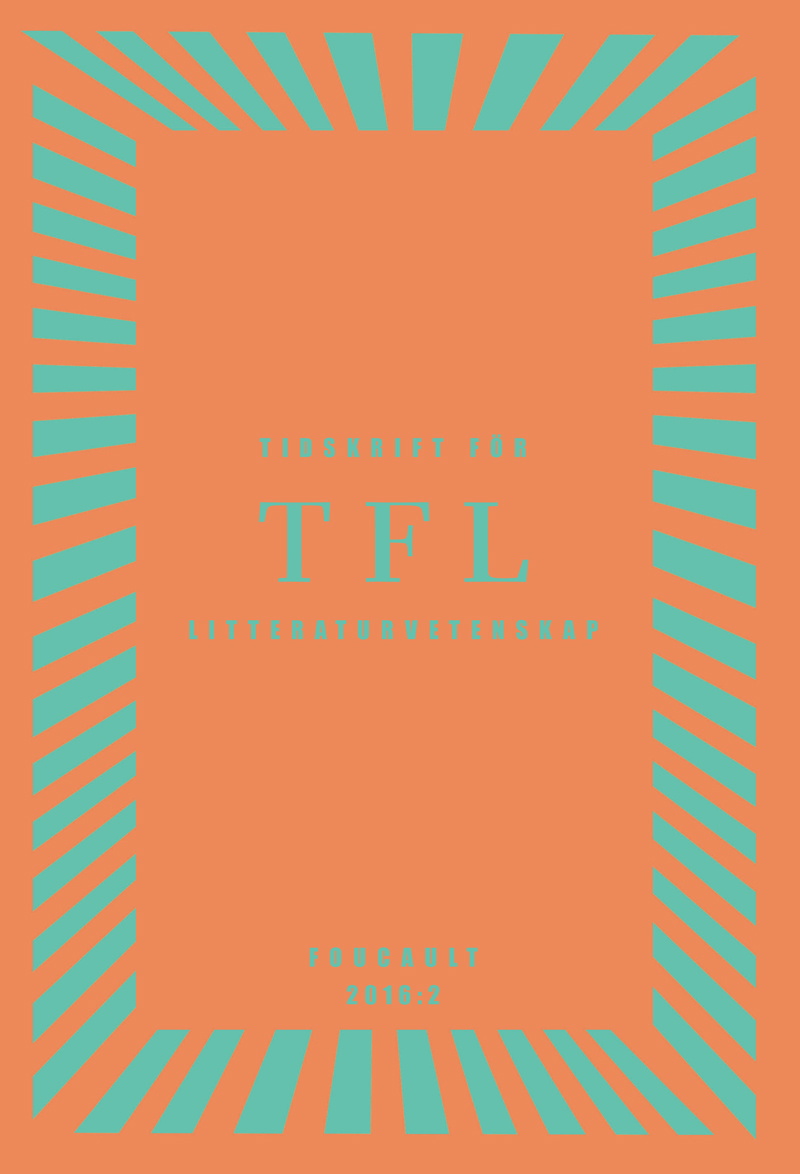Litteraturen som cynisk praktik
Foucaults radikalisering av parrhesia och dess didaktiska konsekvenser
DOI:
https://doi.org/10.54797/tfl.v46i2.8776Nyckelord:
counter-discourse, cynic parrhesia, contemporary art, didacticsAbstract
Literature as Cynic Practice: Foucault’s Radicalization of Parrhesia and its Didactical Implications
This article discusses Foucault’s view of literature as a counter-discourse, and as a specific way of truth-telling connected to Cynic practice, suggesting some didactical implications for these ideas. In his late lectures on the courage of truth, Foucault presents the concept of parrhesia (”truth-telling” or “free-spokenness”) associated with the ”true life” of the ancient Cynic practice. The Cynic motto parakharaxon to nomisma (”change the currency” or ”falsify the currency”) could be understood as a reversal of the values of truth, implying that ”true life” can only manifest itself as ”other life”. According to Foucault, the Cynic practice, and the specific mode of parrhesia associated with this, has as its modern descendants the practice of contemporary literature and art. These ideas – the reversal of truth, and of the frank, abrasive truth-telling of the Cynics – reveal new perspectives on the purpose and value of reading literature.
Nedladdningar
Downloads
Publicerad
Referera så här
Nummer
Sektion
Licens
Författaren/författarna behåller copyright till verket






